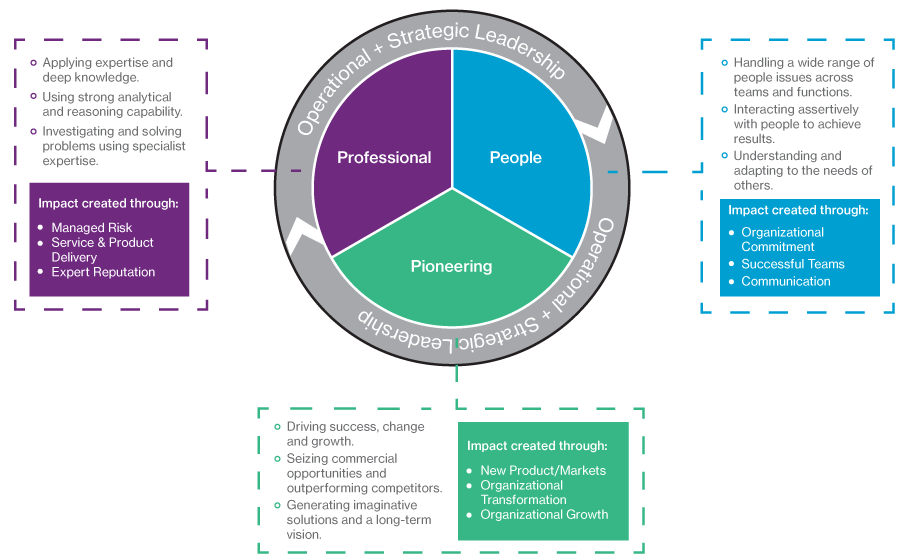
Too many coaching sessions and development initiatives are plagued by the ‘So What’ factor; “What tangible difference will this make?” and “How will this positively impact my performance?”
Elevate this to Executive and Leadership level and there is a third question to answer; “How is this going to have a positive impact on my organization’s performance?” Leaders are responsible for the outcomes of the organizations they operate. For leadership coaching and development to be meaningful, it must align their development with organizational strategy.
Competencies and strengths are great; the question being posed in these situations is, are they enough? The evidence would suggest not. Both competencies and strengths are too intrinsically focussed on the individual. For coaches to ensure meaningful change, their work needs to be grounded in an organizational context. Leaders need to be forced to think “How and where will I make a difference?”, not just “How can I do better at empowering others?” Focussing too heavily on strengths can present leaders with a blinded sense of competence that ignores the influence of overplayed or misguided strengths. If not recognized and managed, over-used strengths can have unintended and derailing effects on the leader, the organization and its culture and strengths-based approaches fail to recognize this.
A 2016 Harvard Business Review article challenges the effectiveness of strengths-based coaching, claiming the approach can in fact weaken you. The authors also point to scientific evidence suggesting that negative feedback and lower estimates of one’s own ability do actually improve performance.
An impact based approach links leadership behaviors and style to impact on organizational outcomes. This means that the conversation stays focused on how a leader can maximize their impact on the organizational goals and objectives, providing an answer to the question “So what?”
The philosophy of the Saville Assessment Impact Model is not to attend to strengths or weaknesses (like strengths and competency models) but to focus where it matters. In coaching for impact, you would consider:
- Where does the leader need to have impact in their role?
- Where is the leader likely to have impact, given their own natural leadership style?
- How does the leader need to behave to increase their impact on required organizational outcomes?
A strong coach should help a leader develop a clear perspective on where they need to impact, how they do this and how they could do this better. They may also want to explore the risks associated with the leaders own style.

Linking behavior to impact is crucial as it provides information on how the individual might achieve the relevant objectives and goals. Whilst some indication of a leader’s impact can be gleaned during a coaching session, to truly understand exactly how their style might drive them to achieve key organizational outcomes, a good psychometric report is required.
In our Leadership Impact Report we have linked the Wave Professional Styles personality questionnaire to our model of impact. In our profile extract, Sam is more likely to impact on Organizational Growth by being a Growth Seeker rather than a Strategic Opportunist. Growth Seekers combine a drive to achieve with a willingness to challenge the approaches of others. Strategic Opportunists combine competitiveness with strategic awareness. With more knowledge and a greater understanding of how an individual is likely to impact on their organization, a coach can start to have more powerful conversations that are clearly aligned to the organizational goals.
If you are you interested in discussing the 3P model of leadership or if you want to find out more about the Wave Leadership Impact Report, contact us!

